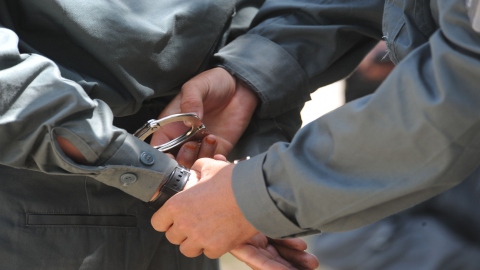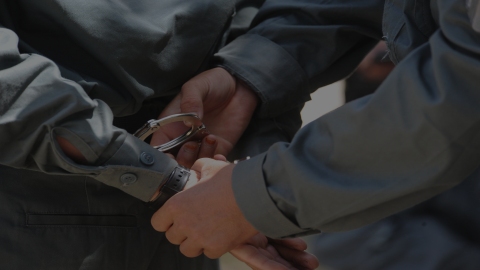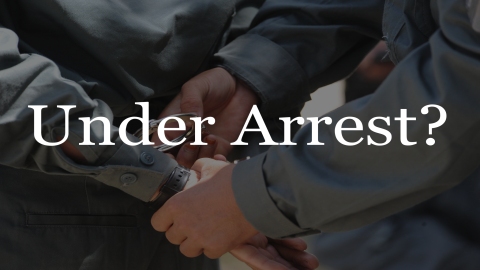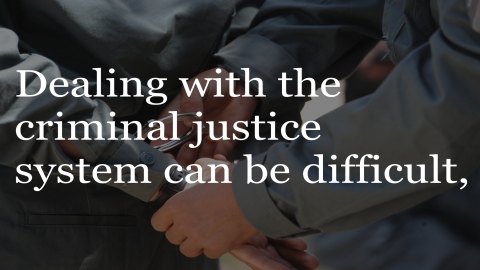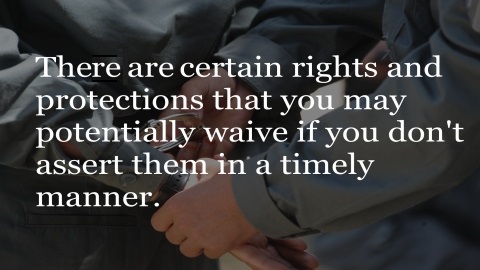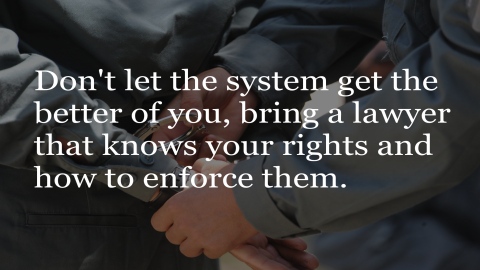Legal Process
Arrest/Summons
A person’s first contact with the criminal justice system results either from an arrest incident to a suspected crime or after a summons is issued for the same. Regardless of how you arrived at this point it is important to take the proceeding that will follow seriously since your actions can jeopardize your freedom.
A: Lying to the police is made criminal by statute here in Pennsylvania, but that doesn’t mean you have to talk with them. If you do decide to speak with the police it may be in your best interest to do so with a lawyer present. Some officers will try and confuse you by telling you that since you aren’t under arrest you don’t have a right to a lawyer. While that may be true, it also means that you are free to decline their invitation to converse until you’ve had a chance to seek advice from a lawyer.
Booking/Processing
Immediately after being arrested the individual is transported to the local booking center to gather information about you including your name, address, photograph and fingerprints. A full body search is usually conducted incident to the arrest, but may be done at the booking center as well.
Preliminary Arraignment
If you are arrested then by law you have to have a preliminary arraignment within 72 hours. At this hearing you receive a copy of the charges filed against you and the magistrate can set bail, if not already set. The magistrate can set monetary and non-monetary conditions for bail which can include posting a certain amount with the court before your release or other non-monetary conditions such as avoiding contact with the alleged victim of the crime. If you fail to appear at any subsequent hearings you may forfeit any amount you have posted for bail.
The magistrate will also set the date and time for the preliminary hearing.
Preliminary Hearing
The Preliminary Hearing is used to determine whether there is enough evidence to hold the charges against the defendant. This hearing must occur within 14 days of the preliminary arraignment if the defendant is in custody, but can be postponed for reasonable circumstances. This hearing is not meant to determine guilt or innocence and is usually not the appropriate place to raise evidence in support of the defendant. This hearing can be a good opportunity to learn some valuable information about what the Commonwealth knows about your case.
Formal Arraignment
After the Preliminary Hearing you will be scheduled to attend a Formal Arraignment where the charges against you are finalized after being held for court in front of a magistrate. In some counties you will also receive a plea offer from the Commonwealth which is a proposed settlement of the criminal action against you. Agreeing to the terms of the plea bargain usually means admitting guilt to at least one of the crimes charged and may also include a restriction on your freedom such as probation or incarceration.
Pretrial Motions
After Formal Arraignment defendant’s can exercise their Constitutionally protected rights through a variety of motions to the court. If you do not have an attorney by this point you are seriously jeopardizing your case! If you fail to appropriately raise certain rights in a timely fashion you may lose the opportunity to assert them no matter how valid they may be!
Status Conference / Pretrial Conference
After a defendant has been arraigned there is usually a conference between the parties to determine the future of the case. At this stage the lawyer for the defendant can negotiate for his/her client for a more favorable plea bargain or request a trial. Depending on whether the parties have reached an agreement a pleader date will be set for the defendant to appear before the judge to enter his/her plea or a trial date will be requested.
Pleader Day
This date is set for individuals who intend to enter a plea of guilty before the court. Even if an agreement between the parties hasn’t been reached defendant’s may still be required to appear before the court so as to advise the court of the status of the case. Those defendants who do plea will usually be sentenced on the same day and receive a date to begin their sentence, whether probation or incarceration.
Trial
If there is no agreement between the parties or the defendant is maintaining their innocence then the case usually progresses to a trial. This is the stage of the litigation where the ultimate question of guilt will be decided. Depending on your charges you may have the right to a jury trial, which allows 12 randomly selected people the ability to decide your fate. Alternatively, you can request a trial by judge or a bench trial. This is also the time where you would present your witnesses and evidence in hopes that the jury decides on acquittal.
Sentencing
If you are found guilty after trial then the court usually sets a date for sentencing. You have the opportunity to request a pre-sentence investigation which gathers information about you and your circumstances to access whether any mitigating or aggravating factors were present during the commission of the convicted crimes.




